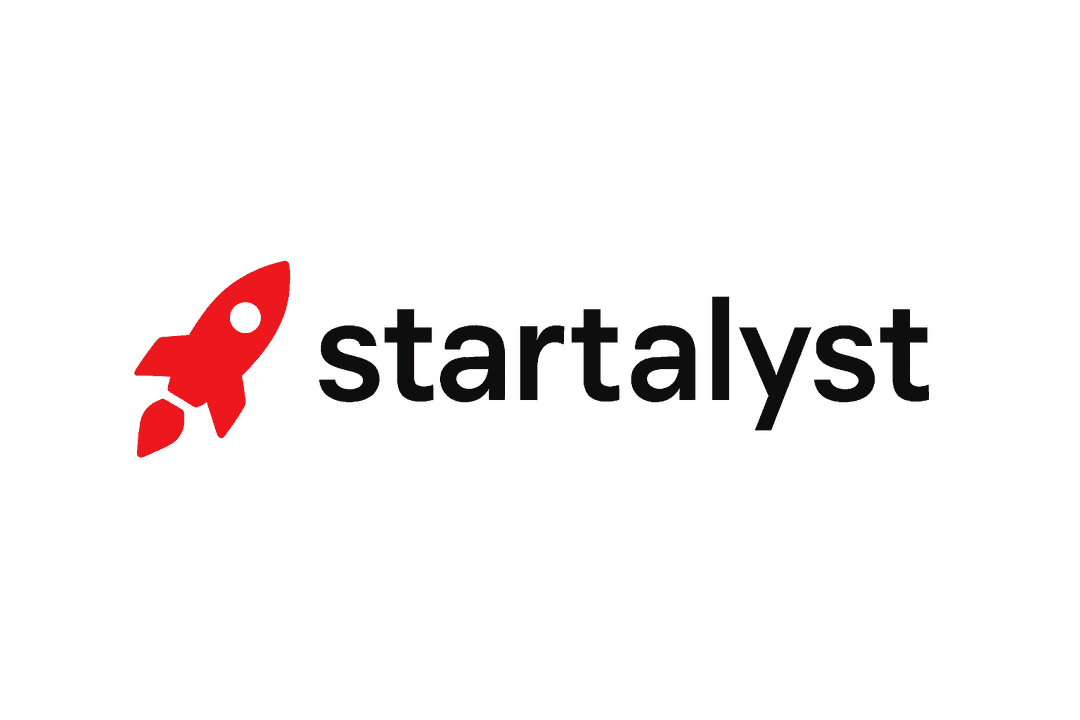Funniest Business Ideas Starter Guide
How to Get the Best Results
Start by treating the funniest business ideas like a product you can prototype quickly. Build a small, visible test — a goofy flyer, a one-night event, or a short video — and watch how people react in real time.
Focus on shareability and clarity: if someone can describe your concept in one sentence while laughing, you are close. Use cheap, fast experiments on social platforms and at local markets to validate which jokes convert into paying customers.
Step 1 — Who are you?
Pick the background that matches how you want to present the funniest business ideas and lean into your natural advantage.
- Stand-up comedian — timing — You can craft punchy promotional bits that make your funniest business ideas land in short videos and live demos.
- Graphic designer — visual comedy — You can create absurd, scroll-stopping artwork that turns the funniest business ideas into shareable social posts.
- Teacher — structure — You can turn the funniest business ideas into clear workshop formats that sell to schools or parent groups.
- Event planner — logistics — You can stage experiential versions of the funniest business ideas that earn ticket sales and word of mouth.
- Social media manager — platform fluency — You can optimize posts so the funniest business ideas get traction on reels and stories quickly.
- Craftsperson — handmade flair — You can prototype quirky products tied to the funniest business ideas that customers will pay for at markets.
- Sales rep — pitching — You can package the funniest business ideas into compelling offers that convert hesitant buyers into repeat customers.
Step 2 — Add interests & skills
List the skills and hobbies you enjoy; each will steer the tone and delivery of the funniest business ideas.
- Improv lets you riff on customer reactions and iterate on the funniest business ideas in seconds.
- Sketch comedy gives you a format for short videos that showcase the funniest business ideas with a clear arc.
- Video editing enables you to pack jokes and hooks into thirty-second clips that promote the funniest business ideas.
- Costuming makes your offerings more theatrical and helps the funniest business ideas stand out at events.
- Copywriting helps you write headlines and taglines that sell the funniest business ideas in one quick read.
- DIY crafting lets you make low-cost prototypes that transform the funniest business ideas into tactile products.
- Public speaking gives you confidence to demo the funniest business ideas live and collect instant feedback.
- Photography makes product and event imagery irresistible and increases the reach of the funniest business ideas online.
- Podcasting provides a platform to test longer formats and serialize the funniest business ideas into recurring bits.
- Cooking allows you to build edible novelties around the funniest business ideas for pop-ups and catering gigs.
- Graphic tees encourages merch that turns the funniest business ideas into wearable jokes and passive revenue.
- Local networking connects you with venues and vendors to scale the funniest business ideas from a side hustle to a recurring event.
Step 3 — Set available capital
Budget determines what experiments you can run first. Match spending to the scale of validation you need for the funniest business ideas.
- ≤$200 You can validate an idea with a prototype, a small ad boost, or a market stall to see if people laugh and pay.
- $200–$1000 You can produce higher-quality videos, book a niche festival pitch slot, or create a mini product run for the funniest business ideas.
- $1000+ You can rent a pop-up space, run a polished ad campaign, or hire collaborators to professionally launch the funniest business ideas.
Step 4 — Choose weekly hours
Decide how much time you can realistically commit to developing the funniest business ideas each week.
- 3–5 hours Use quick social tests and a single prototype to gather fast feedback before scaling further.
- 6–12 hours Produce regular content, run small paid experiments, and iterate on customer responses for steady growth.
- 12+ hours Build a repeatable funnel, host recurring events, and pursue partnerships to expand the funniest business ideas into a stable side business or full-time venture.
Interpreting your results
- Look for repeatable signals rather than one-off laughs. A viral clip is useful, but repeated purchases, bookings, or RSVPs show sustainable potential for the funniest business ideas.
- Segment reactions by channel and audience: some jokes work on late-night crowds but not families, and the best funniest business ideas will find a reliable niche.
- Measure attention and conversion separately: track views, shares, and direct sales to understand which aspects of the joke are marketable versus merely entertaining.
- Iterate quickly on the smallest failing part of your concept, whether that is the price, the delivery, or the joke itself, and rerun the same test to confirm improvement.
Use the generator above to mix and match backgrounds, skills, budgets, and time windows until you land on a version of the funniest business ideas that feels both joyful and saleable.
